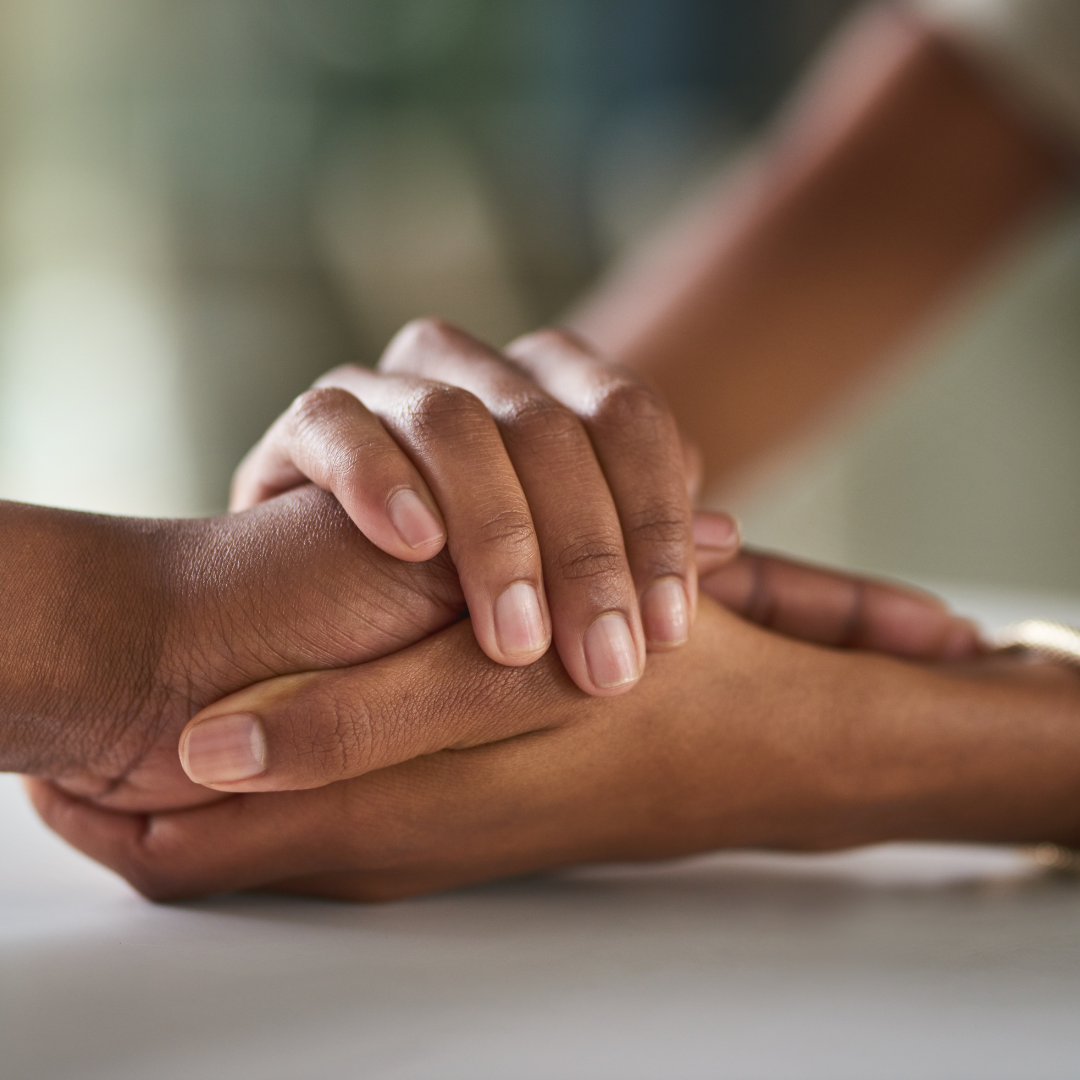Holding Space for Grief, Planting Seeds of Hope
Grief is more than the loss of a loved one- it’s a profound shift that touches every part of your life. Whether you are:
Grieving the loss of someone you loved who died on hospice, while carrying the weight of traumatic memories from their final days.
Navigating the exhaustion and complex emotions of caregiving.
Coping with non-death losses, such as changes in identity, purpose, or relationships.
Grief is not a destination but a journey.
Grief can impact your mind, body, and spirit, often in ways you may not expect. While everyone’s journey is unique, some common symptoms include::
Emotional: overwhelming sadness, anger, or guilt (“did I do enough?”
Cognitive: Intrusive or traumatic memories (e.g. replaying loved one’s final moments). Feeling foggy or forgetfulness.
Physical: Feeling fatigued, lack of energy, and appetite changes (overeating or loss of appetite).
Behavioral: Withdrawing from social activities or loved ones and struggling to complete tasks or work responsibilities.
Benefits of Grief Therapy
Validation of Emotions: Supportive space to express feelings.
Understanding the Grieving Process: Identifying your grief’s unique experience
Exploring the Loss - Reflect on your relationship and address unresolved feelings, regrets, or unspoken words.
Developing Coping Strategies: Discover tools for coping along your grief journey.
Address Complicated Grief: If you are experiencing prolonged or intense grief that interferes with daily activities.



